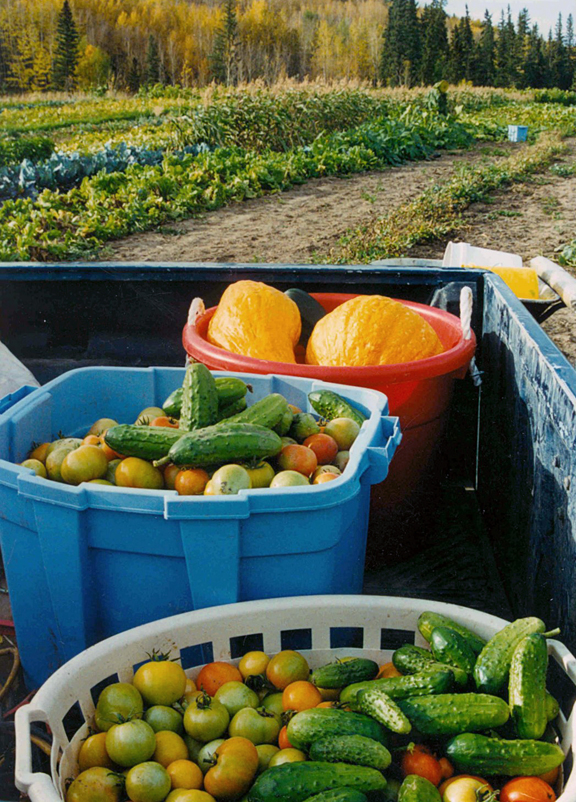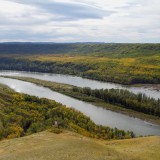Forward by Rafe Mair
We now know that the BC Campbell/Clark government has deceived the public hugely in their financial statements. Below is a blog from our expert independent economist, Erik Andersen. BC Auditor General John Doyle has exposed this deceit and Mr. Andersen sums it up thusly:
“This is serial lying and a practice regular financial institutions would be fined and/or go to jail for. In your personal life you would not tolerate receiving financial statements that are either deliberately incomplete or deliberately misleading.”
Mr. Andersen writes below, “The burning issue here is why should taxpayers expect or tolerate anything less from those who collect and disburse those taxes?”
Supporters of the Liberals continue to plead the case that the NDP government of 1991-2001 were horrible managers of our money and that they, the Campbell Government, being great managers of business, have put things right – so, they say, don’t let the NDP get in and ruin us ahead.
Erik Andersen is too polite a man to say it but I will: This is a goddamned lie, for the facts released by the Auditor General show that since the Liberals came to power they have tripled the provincial debt!
How have they been able to do that?
By hiding debt in Public-Private Partnerships, a system that both Premier Campbell and then-Finance Minister Colin Hansen – in a conflict of interest that takes the breath away – helped to manage and who received honours from these same private sector partner organizations. That amount plus the hidden costs of private power contracts has enabled the government to hide its debts in a manner that the Auditor General has roundly criticized.
It is of interest and importance that Erik Andersen has been talking about this and been in touch with the AG for several months on this and related issues.
Erik Andersen has no political ties whatever.
Now, over to Mr Andersen…
——————————————————————————————
For those in government responsible for causing the Auditor General to have to write his recent damning report, “Observations on Financial Reporting: Summary Financial Statement 2010/11”, it must be embarrassing. What he and his team have written is a documentation of deliberate acts by folks we think are working in the public’s interest and who even sometimes think they are entitled to bonuses and great pensions.
The following quotations from the full report have been selected to illustrate two conditions. First is that the government’s financial statements are deceits. Second is that these deceits are deliberate.
From his letter of transmission to the Speaker of the House, Bill Barisoff, the AG writes the following:
“This report explains why I had to qualify my opinion on government’s Summary Financial Statement, as well as why I removed two of the three qualifications that were in my prior year’s audit report, despite the fact that government has not corrected these errors.”
Just to not have the reader miss the point, “qualify my opinion” is a polite way of describing a condition that is quite unacceptable to a person with high professional standards – you know, the kind of person you want looking after your personal financial affairs.
From page 5 one can read the following remarks as to how matters financial came to be in such a sorry state in BC:
“My audit opinion for the 2010/11 fiscal year contains one audit reservation, indicating that the financial statements are not in compliance with Canadian generally accepted accounting principles (GAAP). This is one of the three audit reservations that featured in my 2009/10 opinion.”
Mr. Doyle goes on to write, “Government had amended the Budget Transparency and Accountability Act (BTAA). The amendments set the stage for the B.C. government to depart from reporting its financial statements under Canadian GAAP. Recently government took the next step by amending the BTAA to change its future definition of GAAP for BC Hydro’s rate regulated balances, which are very significant. I remain very concerned that government is choosing to override the independent standard-setting process.”
So to rephrase, government has used its legislative power to redefine accounting standards to accommodate its deceit. The principal beneficiary of this accounting trickery is BC Hydro. I hope no one is prepared to suggest that by this deliberate act of deception the people of BC, who own and guarantee the debts of BC Hydro, are better off – because if there is such a person out there we all want to know of you.
On page 7, the “recommendations” to government are presented.
It starts off asking for honesty in disclosure of debts. Featured further on is a concern about contracts that need full disclosure.
Featured on page 15 is a discussion on the use of International Financial Reporting Standards (IFRS). The AG points out that IFRS does not permit the use of rate-regulated accounting as has and is being done at BC Hydro. In fact the rate-regulated assets at BC Hydro in Mach 2011 totaled a breathtaking $2.160 billion! This account was zero as recently as 2005.
To put the cap on what is so horribly wrong with BC and BC Hydro’s finances, read page 17:
“As a result of this legislation, government has taken it upon itself to define GAAP, rather than following the standards set by the Canadian Accounting Standards Board. It concerns us that government is willing to override the due process that is involved in the setting of Canadian accounting standards, and instead legislate an accounting result that will have a significant effect on the financial statements of BC Hydro and the Province’s Summary Financial Statements.”
Our Auditor General has given us “smoking gun” evidence that proves our government is addicted to deception. What are you going to do about it?
Perhaps now folks will take seriously the representation that government has crafted a design to take BC Hydro private. How much more legislation needs to be presented as evidence in support of such an assertion before the media and public finally deal with what is so obviously occurring right under our noses?





 At one time, a single farm run by Lynda and Larry Peterson provided a quarter of the region’s potatoes and a market garden with fresh fruits and vegetables of a wide variety.
At one time, a single farm run by Lynda and Larry Peterson provided a quarter of the region’s potatoes and a market garden with fresh fruits and vegetables of a wide variety.